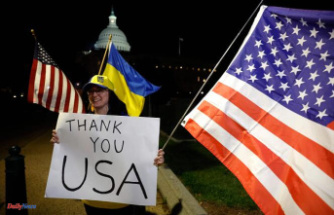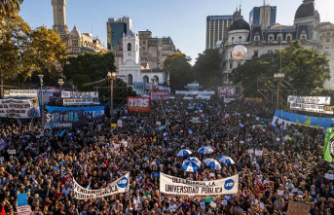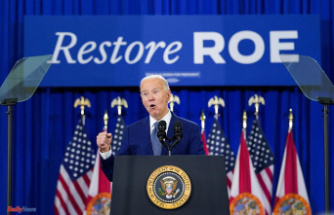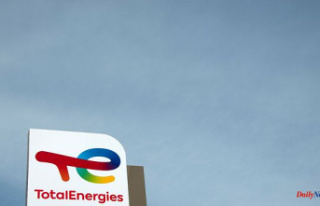Jean-Bernard Lévy has undoubtedly seen better days. This Thursday, July 28, the Chairman and CEO of EDF unveiled the company's financial results for the first half of 2022. A few months before its renationalisation, the company's losses are colossal. "Has there ever been a semester in the history of EDF whose figures were so negative? I very much doubt it," he asked when the results were announced.
Undermined by numerous shutdown reactors and by its contribution to limiting the rise in energy prices, the company lost 5.3 billion euros in the 1st half of 2022. "The results for the first half reflect the difficulties encountered in terms of nuclear production in France and to a lesser extent hydroelectricity, as well as the effect of the tariff shield put in place for 2022", said Jean-Bernard Lévy in a press release.
Following a recurring corrosion problem, 12 of the 56 French nuclear reactors are currently shut down, while 18 others are undergoing maintenance. These scheduled operations could not be postponed as Europe is going through an energy crisis caused by the war in Ukraine and the drop in Russian gas deliveries.
The situation is expected to last a few more months. The group indicated that it was maintaining its "nuclear production forecast for the year in the range of 280 to 300 TWh": a relatively low interval, but which could have been even tighter if the Nuclear Safety Authority had not " reinforced" the group's strategy for controlling corrosion problems, which must be spread over 3 years.
Another blemish for the energy company: the 20% increase in the annual quota of electricity sold by EDF at a reduced price. This measure, taken at the start of the energy crisis to protect household bills, is weighing on the company. If this Wednesday the Minister for Energy Transition, Agnès Pannier-Runacher announced that she was considering "a compromise" on the maximum volume of nuclear electricity sold at low cost, this mechanism has already cost more than 8 billion euros. "These events force the group to buy electricity in a context of high market prices," EDF said.
Despite a sharp increase in turnover (67.2%), to 66.262 billion euros, supported by the sharp rise in electricity and gas prices in Europe, it is therefore a group in great difficulty that the state is about to renationalise. Its net financial debt, at 42.8 billion euros at the end of June, has already been stabilized by a capital increase of 3.1 billion euros, launched in March.
The renationalisation, via a takeover bid (OPA) of the 16% of shares not held by the State, should allow the group to borrow at a lower cost, despite its critical financial situation. A welcome boost, because EDF must meet colossal challenges: to be the "armed wing" of the State in the greening of its energy policy and the conquest of greater sovereignty in this area, an issue brought back to the fore by the war in Ukraine.












